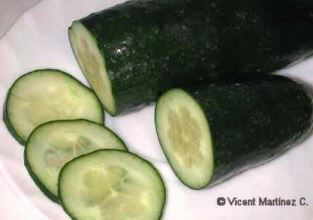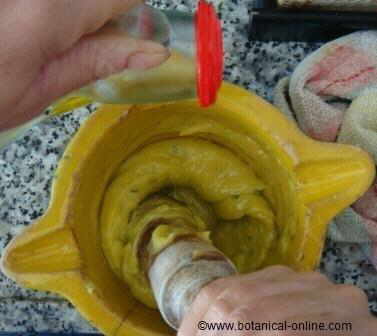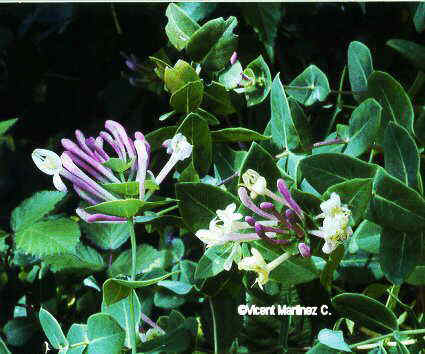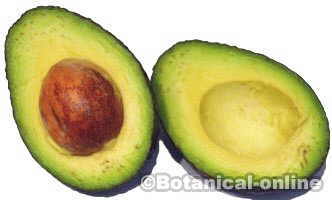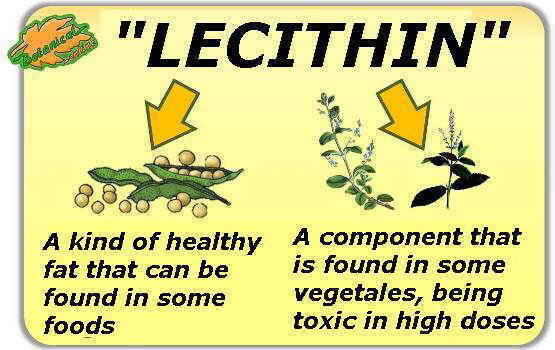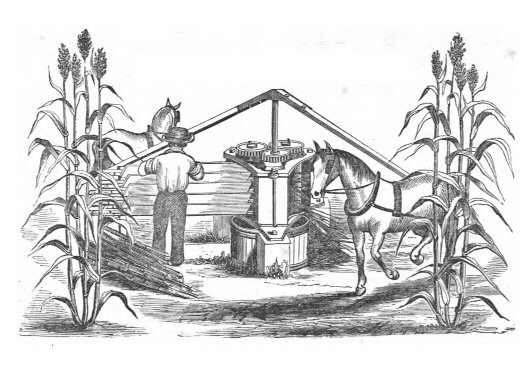Contents
- 1 Chocolate oxalates
- 1.1 IS PURE COCOA RICH IN OXALATES AND BAD FOR KIDNEYS?
- 1.2 Is chocolate very rich in oxalates?
- 1.3 How many oxalates does chocolate contain?
- 1.4 Why are oxalates bad?
- 1.5 How to compensate for cocoa oxalates?
- 1.6 Why does calcium compensate oxalates?
- 1.7 Is it necessary to eat many dairy products to compensate for oxalates?
- 1.8 What problems could cause eating a lot of pure cocoa?
- 1.9 Can eating pure cocoa produce stones in the kidneys?
- 1.10 Can people eat cocoa with calcium oxalate stones?
Chocolate oxalates
IS PURE COCOA RICH IN OXALATES AND BAD FOR KIDNEYS?
Is chocolate very rich in oxalates?
Yes, chocolate is a food rich in oxalates. But not all chocolate contains many oxalates, but mainly those products with high percentage in pure cocoa.
How many oxalates does chocolate contain?
Oxalate content of chocolate depends to a large extent on the type of product you are eating. If you are eating a dairy sugary product with cocoa flavor, it will generally not contain much cocoa.
The highest content of oxalates is found in products with pure cocoa:
| Oxalate rich foods | Total oxalates (mg per 100g) |
|---|---|
| Black cocoa powder | 623 |
| Chocolate tablet 99% cocoa | 485 |
| Chocolate tablet 85% cocoa | 295 |
| Chocolate tablet 70% cocoa | 207 |
| Chocolate tablet 55% cacao | 157 |
| Milk chocolate tablet | 125 |
| Chocolate powder for milk chocolate (with sugar) | 45 |
When reading these figures, you should consider that the amount of chocolate usually consumed is generally about one tenth of what is indicated, about 10 grams or in some foods, 20 grams per serving.
Why are oxalates bad?
Potential damaging effects of oxalates are their property of antinutrients. Oxalates sequester minerals, such as calcium, and prevent its absorption.
In addition, the ingestion of these substances increases the renal elimination of oxalates (oxaluria), which can favor the formation of stones in the kidneys.
How to compensate for cocoa oxalates?

Photo of dark chocolate, rich in oxalates
For occasional consumption, there is no need to follow any “special precautions” regarding the consumption of chocolate.
If you normally take pure cocoa, you may want to combine cocoa with calcium-rich foods, such as dairy products like milk, yogurt (without added sugars), or cheeses.
The combination of calcium with oxalates can reduce the harmful effects of oxalates on the kidneys.
Why does calcium compensate oxalates?
Calcium is combined with the oxalates, forming a compound that can not be absorbed at the intestinal level. This prevents oxalates from reaching the kidneys, where they can promote the appearance of calcium oxalate crystals in urine and the formation of stones.
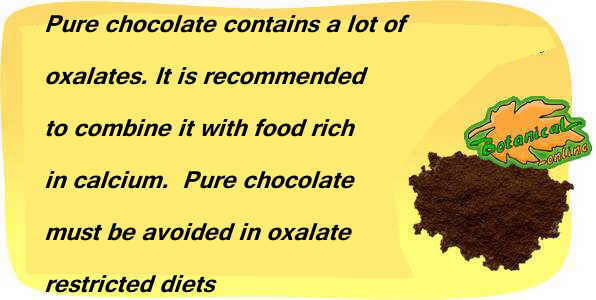
How to balance the content of cocoa oxalates
Is it necessary to eat many dairy products to compensate for oxalates?
No, to compensate for the oxalates of cocoa, it is not necessary to drink many dairy products. In general, it is advisable to take more calcium than oxalates. To do this, it would suffice to take 2 teaspoons of cocoa (120mg of calcium) with 1 glass of milk or vegetable drink with calcium (240mg of calcium).
Excessive intake of dairy or calcium supplements could have the opposite effect and favor the elimination of calcium and the formation of stones in the kidneys, which is known as milk- alkali syndrome.
- Normally, a vegetarian diet contains enough calcium to compensate for these small losses caused by oxalates.
What problems could cause eating a lot of pure cocoa?
A normal consumption of pure cocoa is neither toxic nor dangerous to health in healthy people.
As possible adverse effects, chocolate would be indigestible because of its high fat content. In addition, eating many oxalates can be irritating to the digestive system and, if ingested in very high amounts, can cause small digestive or urinary hemorrhages.
Can eating pure cocoa produce stones in the kidneys?
In general, a diet rich in oxalates may favor the formation of stones in the kidneys, but in very few cases, it is the only cause. Stones in the kidneys are produced by the confluence of many factors: lack of hydration, acid urine (acidifying diet), urine infections, etc.
Can people eat cocoa with calcium oxalate stones?
In cases of kidney disease or the presence of calcium oxalate crystals in the urine, it is advisable to AVOID foods containing many oxalates such as pure cocoa.
* Related information: Properties of chocolate
![]() More information on cocoa and chocolate.
More information on cocoa and chocolate.


